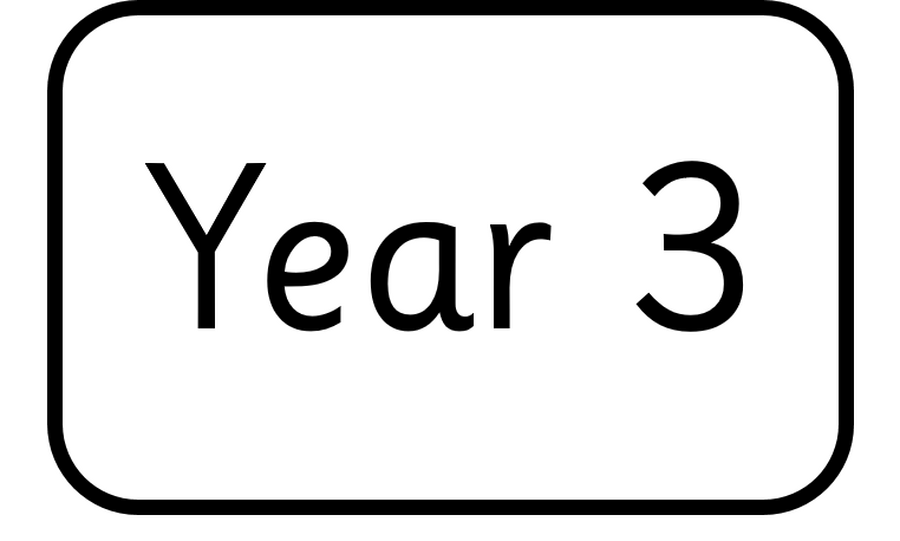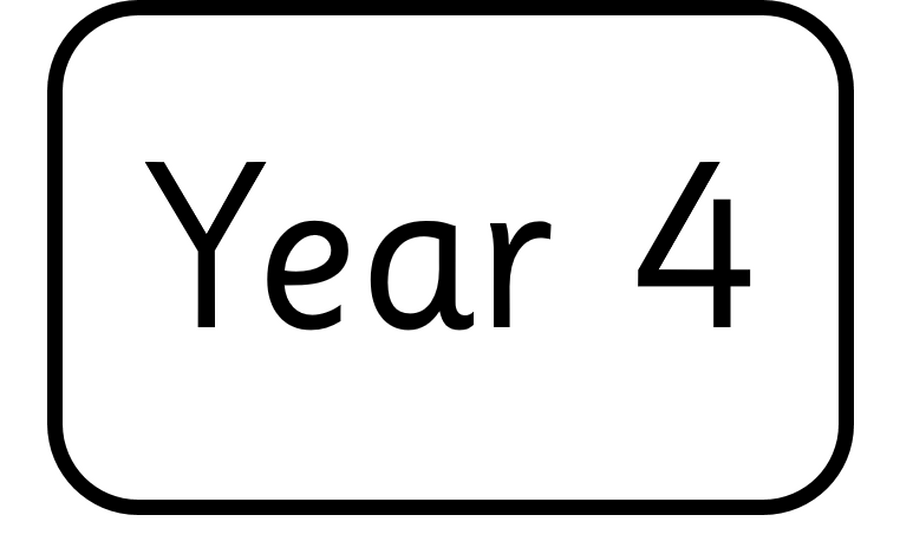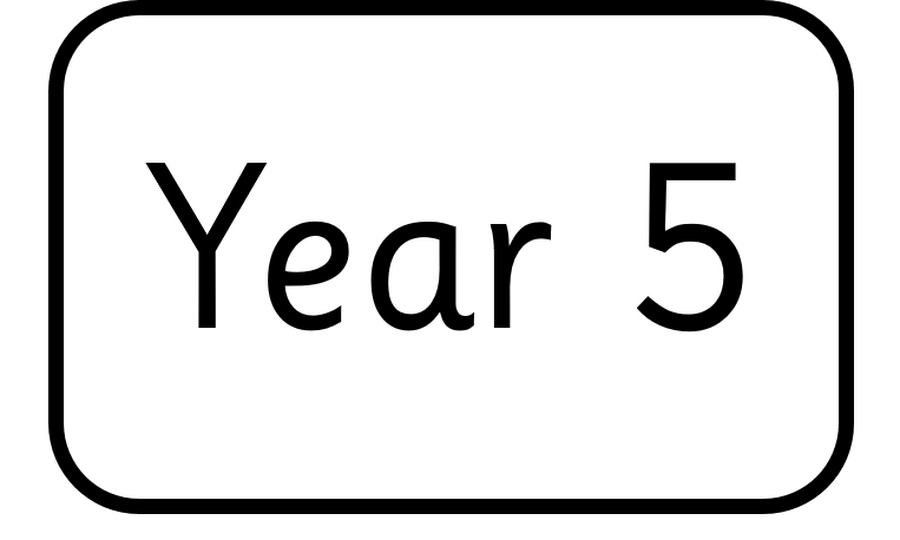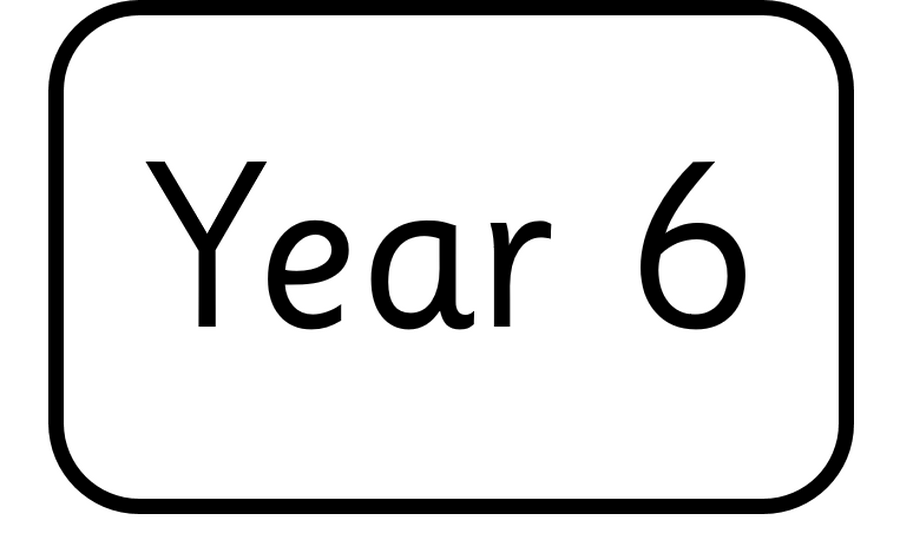Phonics into KS2

Key Stage 2 Spelling Programme: STEP Up
Phonic knowledge continues to underpin the spelling programme throughout KS2.
Pupils focus more on the morphology (parts that form words: prefixes/suffixes/root words) and etymology (derivation of a word, how it can change in form and meaning) of words.
A typical lesson includes:
Introduction: explain what we will be learning, including sound/rule and any relevant vocabulary to aid understand of meaning
Revisit & review: recap the sound that features in the spelling rule of the week
Teach: if necessary, learn how the sound applies to the rule or focus for the week e.g. prefixes, homophones etc
Practise: say the words out loud, look for words that fit the rule, dictionary check, match prefixes/suffixes to root words etc
Apply: using the words in sentences, dictation, spot the mistakes etc.
Phonics continues to be assessed throughout Key Stage 2. Where we notice that a child has not met the expected standard in phonics at the end of Key Stage 1, we ensure that they are given targeted and focussed practise. This might include revisiting STEPS 1-6 or completing bespoke intervention activities.
We cannot emphasise enough how important it is to regularly read with your child at home; helping to improve language skills, increasing concentration, developing imagination and creativity and also nurturing a special bond with them.




An example of a typical weekly phonics focus in Year 3, often embedded within an English lesson would be:
Quick read flashback - kind, brave, safe, rude, sweet, strong, secret
New learning - ly suffix
Quick read / Quick spell - Adding /ly/ where there is no change to the root word: kindly, safely, bravely, rudely, sweetly, strongly, secretly
Grammar focus - Use present perfect verbs instead of simple past
An example of a typical weekly phonics focus in Year 4, often embedded within an English lesson would be:
Sound/Rule - Words with a /shun/ sound spelt with ‘sion’ if the root word ends in ‘se’, ‘de’ or ‘d’
Quick read / Quick spell - expansion, extension, comprehension, tension, corrosion, supervision, fusion, conclusion, persuasion, suspension
Links to GPS lessons - Spot the mistakes
An example of a typical weekly phonics focus in Year 5, often embedded within an English lesson would be:
Sound/Rule - words with ‘silent’ letters
Quick read / Quick spell - wrestle, wrapper, island, aisle, debris, mortgage, Christmas, yacht, guarantee, guilty
Links to GPS lessons - Sentence Dictation
An example of a typical weekly phonics focus in Year 6, often embedded within an English lesson would be:
Sound/Rule -Word families based on common words, showing how words are related in form and meaning
Quick read / Quick spell -programme, telegram, hologram, diagram, grammar, grammatical, parallelogram, monogram, programmer, program
Links to GPS lessons - Sentence Dictation
